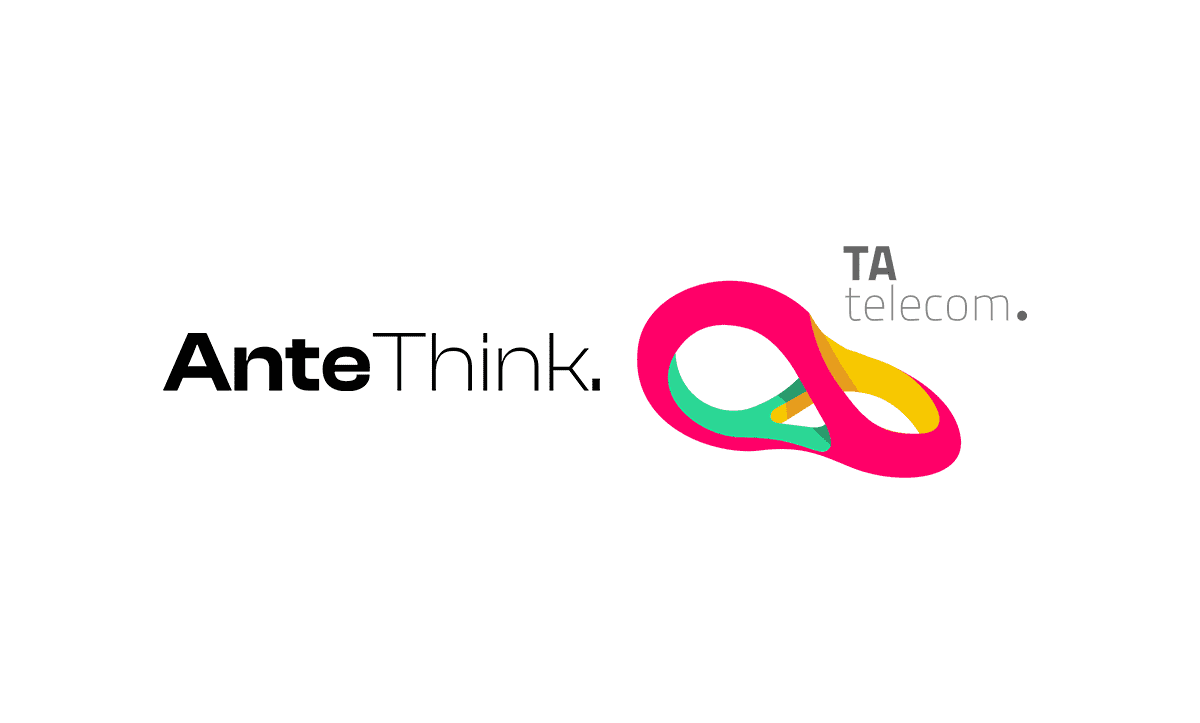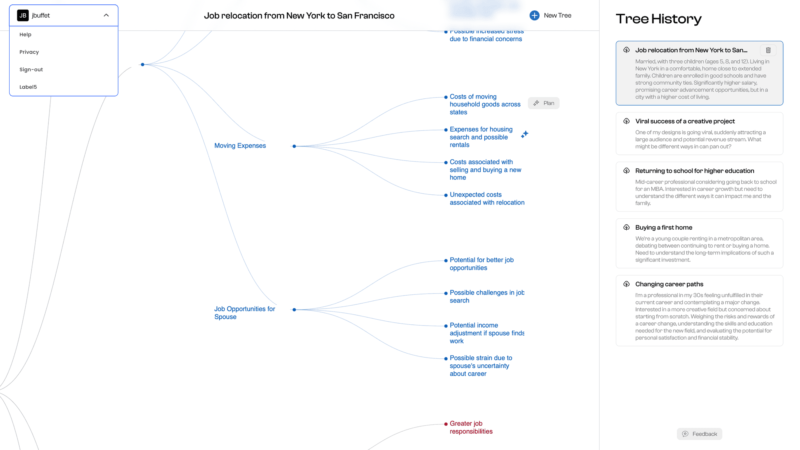News
Facebook updates its algorithm to stop begging fans

Facebook algorithm improvements have been announced with new tweaks to the news feed & posting strategies. To reduce spam links, and bad quality stories and stop brands and people who ask their communities to like, share or comment on their shitty stories – Facebook aims to decrease frustration and increase users’ enjoyability with the site.
Facebook Algorithm
Today we are announcing a series of improvements to Newsfeed to reduce stories that people frequently tell us are spammy and that they don’t want to see. Many of these stories are published by Pages that deliberately try and game News Feed to get more distribution than they normally would. Our update targets three broad categories of this type of feed spam behavior.
Facebook said
Overview – What Will Facebook do?
Facebook is like any company, aiming to satisfy and keep customers happy while using the Facebook site – to achieve the needed satisfaction, they invented the Facebook algorithm, enabling them to monitor and change how people use the site. Over the past year, Facebook has inducted an exercise to collect users’ feedback about the quality of stories on its newsfeed; Moreover, Facebook is regularly collecting data from Facebook users to test their satisfaction.
Results: Facebook users are not happy with what they see on Newsfeed – Reasons why are the following 3 annoying behaviors by content creators (community pages owners & brands representatives):
- Like-baiting
- Frequently Circulated Content
- Spammy Links
What is Like-baiting?
Asking fans to like, comment, or share your stories is like-baiting – Previously called call to action. Nowadays, page owners are taking the easy way out by including a direct call to action into their content such as “Please like, share, comment, and so on).
Many users noticed this begging marking strategy; Facebook explained this as:
People often respond to posts asking them to take an action, and this means that these posts get shown to more people, and get shown higher up in News Feed. However, when we survey people and ask them to rate the quality of these stories, they report that like-baiting stories are, on average, 15% less relevant than other stories with a comparable number of likes, comments, and shares. Over time, these stories lead to a less enjoyable experience on Facebook since they drown out content from friends and Pages that people really care about.
Facebook Algorithm – Like-baiting
How Will Facebook Algorithm Detect Like-baiting Stories?
Pages that ask fans to like, share or comment will be detected by the new Facebook algorithm and considered like-baiting for MISUSING the site to reach more people. The new update allows Facebook to defect these keywords, and instantly, Facebook will make ensure that they are not shown more prominently in News Feed than more relevant stories from friends and other Pages “Facebook declared.”
Facebook continued to explain, “This update will not impact Pages that are genuinely trying to encourage discussion among their fans and focuses initially on Pages that frequently post explicitly asking for Likes, Comments, and Shares.”
What Should I Do Not To Get Impacted By The New Facebook Algorithm Changes?
Avoid asking fans to like, comment, or share your posts, and try to tweak your work to adapt to the new Facebook algorithm.
What Are The Recommended Strategies to Engage Fans?
It’s all about smartness and understanding your customers; it’s time to change how you communicate with your customers on Facebook, for example:
- Try indirect call-to-action tactics – Ask people questions
- Encourage fans to join the conversation and give their feedback
- communicate more openly & smartly to gain your fans’ like-ability
- impress your fans with high-quality and smart photos and ideas, and they will like and share neutrally
Frequently Circulated Content
Great update?! Yes, Facebook is preventing people from filling the timeline with repeated content. There’re two scenarios:
- Stealing others’ content and re-post it
- Repeating yourself by re-sharing old booming content again and again
Facebook goes on to explain this new update saying, “People and Pages on Facebook frequently reshare great content, but people tell us there are occasionally instances where photos or videos are uploaded to Facebook over and over again. We’ve found that people tend to find these instances of repeated content less relevant and are more likely to complain about the Pages that frequently post them. We are improving Newsfeed to de-emphasize these Pages, and our early testing shows that this change causes people to hide 10% fewer stories from Pages overall.”
Facebook algorithm Frequently Circulated Content
What Does That Mean?
If you’re a page owner on Facebook, you certainly know that there’re people who save photos to their desktop and remove the original branding, then reshare it as if they own it to gain the same or maybe more engagement like/than the original creator.
Facebook will stop those people from stealing content by decreasing their stolen posts’ reach and engagement to the minimum, so they won’t gain anything but a bad reputation and won’t do that again!
Spammy Links
As we mentioned, the Facebook algorithm is monitoring and considers users’ feedback sensitively. The spammy links are stories in News Feed using inaccurate language or formatting to trick people into clicking through to a website containing only ads or a combination of frequently circulated content and ads. For instance, often, these stories claim to link to a photo album but instead take the viewer to a website with just ads.
By measuring how frequently people on Facebook who visit a link choose to like the original post or share that post with their friends, Facebook can better detect spammy links. The update improves News Feed to reduce cases of these spammy links. Facebook reveals that in the early testing they’ve seen a 5% increase in people on Facebook clicking on links that take them off of Facebook – this is a big increase in the context of News Feed and is a good sign that people are finding the remaining content in their News Feed more relevant and trustworthy.
Now you are aware of what’s going on with the Facebook algorithm and the latest improvements; it’s time to take control of your fans’ newsfeeds and engage with them in the right way.
Happy Posting 🙂
News
Saudi Fintech Lendo Signs MOU with J.P. Morgan

Lendo, a Saudi Arabia-based Shariah-compliant crowdlending marketplace, has signed a Memorandum of Understanding (MOU) today with J.P. Morgan to improve access to financing for small and medium-sized enterprises (SMEs) across the country.
The MOU was signed during 24 Fintech, a premier fintech event that brings together industry leaders, innovators, and investors in Riyadh.
J.P. Morgan and Lendo are working together on potential opportunities to support the SME sector in Saudi Arabia in growing and sustaining the remarkable demand in this market.
“This strategic collaboration with J.P. Morgan, a pioneer in the financial industry, marks a significant milestone for Lendo,” said Osama Alraee, CEO and co-founder of Lendo. “By combining our strengths, we’ll deliver cutting-edge financial solutions to SMEs, supporting their growth and contributing directly to the realization of Saudi Arabia’s Vision 2030.”
The SME financing landscape in MENA presents a substantial market opportunity as limited financial access continues to restrict the growth of the region’s businesses, with commercial banks hesitant to issue loans to SMEs at scale, resulting in a high percentage of declined financing requests annually.
The total SME financing gap in developing countries is estimated to be approximately $5.2 trillion, according to the International Finance Corporation (IFC).
Lendo’s debt crowdfunding platform aims to bridge the financing gap for SMEs, aligning with Saudi Vision 2030’s goal to significantly expand SME lending from 4% in 2018 to 20% by 2030.
According to the latest available report from the Saudi Central Bank (SAMA), the total value of debt crowdfunding in Saudi Arabia surged from SAR 1.4 million in 2019 to SAR 771 million in 2022, marking a remarkable growth.
Lendo raised SAR 132 million ($35.2 million) in total funding from leading investors, including the most recent Series B led by Sanabil Investments, a wholly-owned company by the Public Investment Fund (PIF).
Since its inception in December 2019, Saudi fintech Lendo has processed over 5,000 financing transactions on its platform, providing over SAR 2 billion ($600 million) in financing to SMEs and generating SAR 280 million ($74 million) in returns for investors.
News
TA Telecom Introduces AnteThink: A New AI Decision Support Tool

TA Telecom, a prominent player in the Middle East’s tech sector, has unveiled AnteThink, an AI-driven tool designed to enhance decision-making processes for individuals and businesses alike.
With a history of influencing the tech landscape through various initiatives, including advanced mobile solutions, high-volume payment platforms, and ventures in e-commerce, fintech, and analytics, TA Telecom has carved a niche for itself. Serving a vast user base of 40 million and processing an impressive 15 billion transactions across its platforms, TA Telecom has cemented its position as a tech industry leader, with some of its ventures achieving the status of Y Combinator companies.
Established in 2000, TA Telecom has emerged as a prominent player in the technology sector. With over 40 million users and processing 15 billion transactions annually, TA Telecom has made a notable impact. Recognized for its contributions by the Financial Times and featured on Deloitte’s list of fastest-growing tech companies in EMEA, TA Telecom is known for its adaptability and forward-thinking approach in the ever-evolving global tech landscape.
Sameh Ibrahim, CEO of TA Telecom, highlights the potential of AnteThink: “AnteThink reflects our commitment to leverage technology for practical impact. It aims to provide clarity and confidence in decision-making, whether in the professional or personal sphere. AnteThink is a tool that can empower startup founders, executives, and individuals to make more informed choices, alleviating the stress and uncertainty often associated with critical decision-making.”
Mostafa Ashour, CEO of Y Combinator-backed startup NowPay, shared his perspective on AnteThink: “AnteThink transformed our strategic planning, allowing us to explore various scenarios and prepare for different outcomes. It has strengthened our decision-making process, helping us navigate the complexities of the business landscape.”
AnteThink embodies TA Telecom’s commitment to innovation, focusing on supporting the startup ecosystem. The tool is tailored to help leaders and executives navigate the complexities of business management and strategic development by providing a clear picture of potential outcomes.
Key Features of AnteThink include:
1. Second Order Mode: Offering a comprehensive analysis of broader impacts, fostering a strategic mindset for long-term success.
2. Optionality Mode: Enabling detailed evaluation and comparison of different choices to ensure decisions align with strategic objectives and values.
3. Inversion Mode: Focusing on identifying and mitigating potential risks, thereby strengthening risk management strategies.

Credit: Antethink
AnteThink’s advanced AI technology aims to assist decision-makers with insightful analytics, offering guidance through the decision-making process.
News
GoDaddy’s Global Markets VP Predicts Egypt’s E-commerce to Hit $9.88 Billion by 2028

Selina Bieber, the Senior Director of Global Markets at GoDaddy, has predicted a significant increase in Egypt’s e-commerce revenue. By 2028, it could reach $9.88 billion.
Godaddy is forming strategic partnerships and launching initiatives to help local entrepreneurs. These efforts align with Egypt’s digital transformation goals and its Vision 2030.
In an interview with the Arabic financial news “Amwal Al Ghad,” Bieber spoke about GoDaddy’s plans and how they match Egypt’s 2023 strategy. She highlighted the company’s aim to provide effective, easy-to-use digital tools and services. By 2024, GoDaddy wants to serve more customers in Egypt by making its digital tools more widespread.
The company is working closely with the Egyptian government, especially the Ministry of Planning. They are offering training programs to improve the digital skills of startups and existing businesses. GoDaddy’s services in Egypt include domain registration, web hosting, e-commerce solutions, and digital marketing tools.
Recent surveys support Bieber’s positive outlook for e-commerce in Egypt. They show a clear trend towards digital strategies among small businesses. Many are realizing the importance of having an online presence for their growth and success.
As GoDaddy continues its partnerships and supports government digital initiatives, its influence on Egypt’s digital landscape is growing. The company is committed to sustainability and reducing its carbon footprint. It aims not just for business growth but also to contribute to a sustainable and thriving digital economy in Egypt.
The 2028 projection indicates a vast potential for e-commerce, with GoDaddy playing a key role in this digital evolution.
-

 Startups9 years ago
Startups9 years ago3 Creative Egyptian Women Who Master E-commerce
-

 News9 years ago
News9 years ago11 Talented Egyptian Photographers on Instagram
-

 Campaigns8 years ago
Campaigns8 years agoVodafone Egypt Brings Generations Together, Unlocks 4G Power
-

 Marketing8 years ago
Marketing8 years agoWhich categories will suffer most from increased prices in Egypt?
-

 Apps8 years ago
Apps8 years agoRadio Garden Live Map of The Globe’s Radio Stations
-

 News8 years ago
News8 years agoTop 10 Egyptian Fashionistas to Follow on Instagram
-

 Campaigns8 years ago
Campaigns8 years ago7 Big Stats That Show Which Ramadan Advertisements Resonated Most
-

 Opinion8 years ago
Opinion8 years agoF*** Being a Founder, Be a Follower






